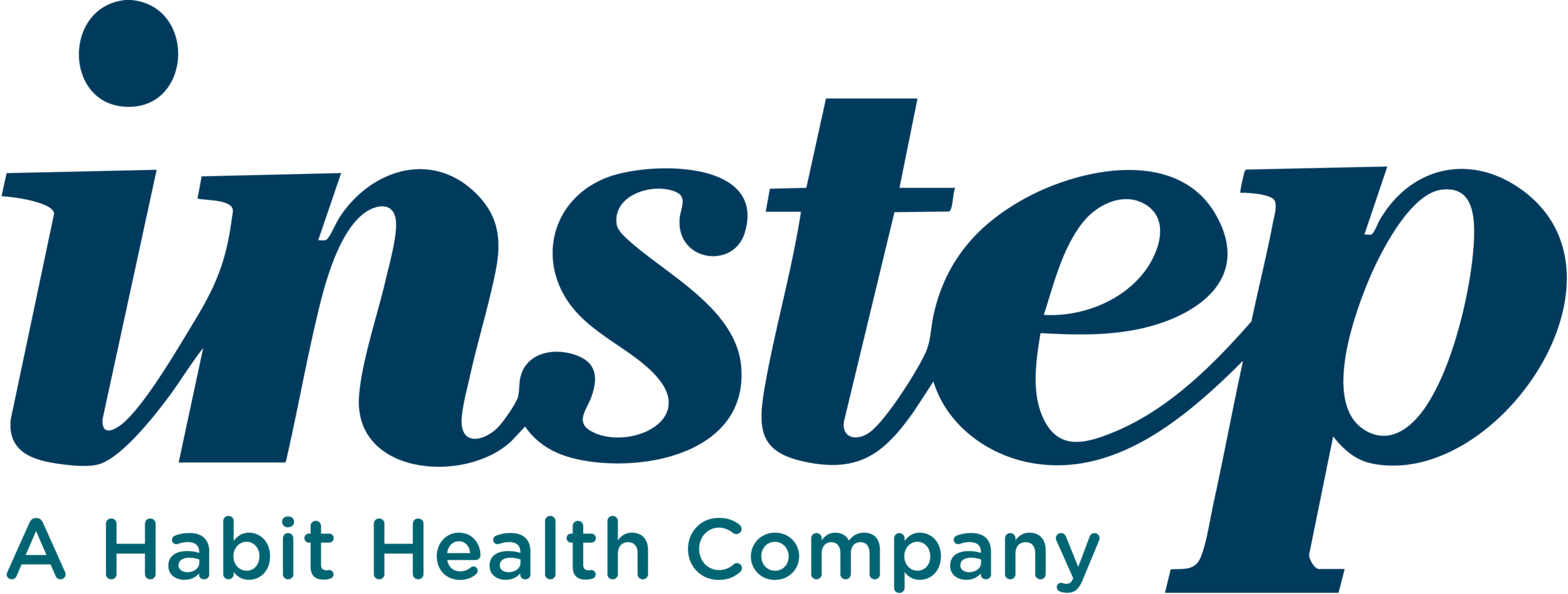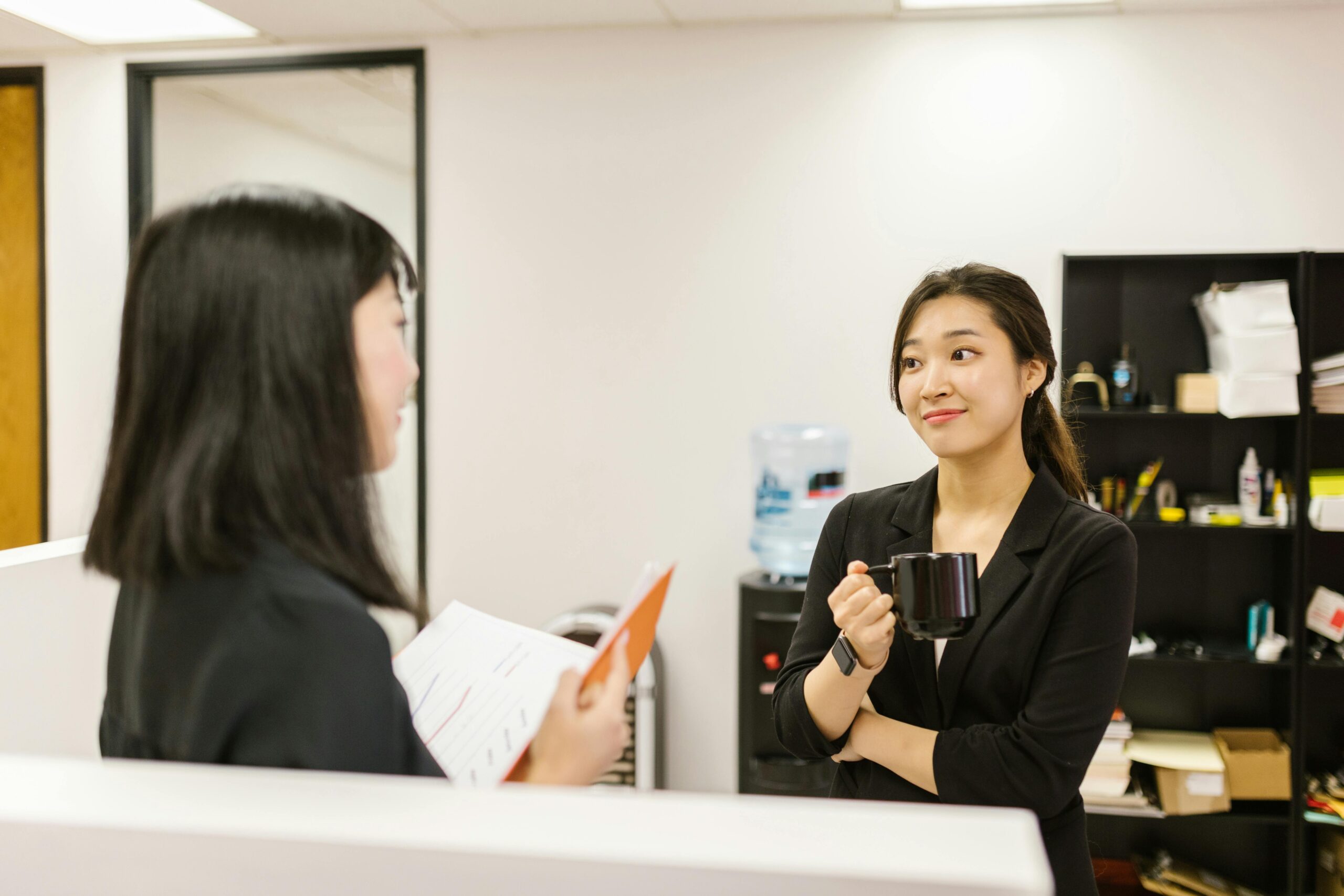Instep’s Quality and Innovation Manager, Fiona McCraken, shared valuable tips and strategies with Amberleigh Jack from The Post on how to handle the transition from working remotely to returning to the office. You can read the full interview here; below is a brief overview:
If you browse Reddit, Facebook or read the news, you’ll likely have read that not only are many workers being required to switch back from work-from-home or hybrid rules to full-time return to office mandates, but many people aren’t happy about it.
It’s easy to understand why, too. As someone who works entirely from home, great thought and planning have gone into creating my perfect office environment to ensure I’m both productive and comfortable during the day. For many people, “the biggest hurdle is the way we think about it” says Fiona McCracken. Human brains, she points out, are designed to scan for danger, so in the modern world, we can search out the negatives in situations.
In other words, it may not be as bad as we think once we get there. Still, a bustling office is a far cry from an isolated home desk, especially one you’ve spent time making a comfortable space for productivity. I grabbed a few tips from McCracken on coping if a change in workday scenery is on the cards.
On that brutal commute
For those who need to travel by car, this is where McCracken pulls out a counselling term: “radical acceptance”. “It’s a technique [for people to] acknowledge and almost embrace difficult situations or emotions. They kind of make friends with it,” she says.
How exactly can you make friends with your commute? “Music, podcasts, listening to audiobooks in the car, learning a new language … You feel like you’re using that time rather than wasting it,” she says.
It can also be a boundary between work and home life, which often gets lost when your office is a closed computer and a few steps from family priorities. “You stop at five, go to the lounge, and have children to deal with. The positive of a commute is you’ve got a bit of time on your way home to go, ‘okay, work’s finished and now I put on my [parent] hat.”
Dealing with the gossip, noise and distractions
Surrounded by noise, chatter and loud phone calls? McCracken’s immediate advice is: “noise canceling headphones”.
Some companies also have “quiet hours”, quiet rooms or a visual cue to put on the desk that lets colleagues know you’re in concentration mode. If the distractions are getting you grumpy, McCracken suggests having a word with the office manager to see if something similar could be adopted that the whole team could get behind.
Smells and kitchen messes
We’ve all been there. The office is calm and happy, but then the scent of someone’s microwaved fish wafts through the communal workspace, knocking your workflow off kilter.
McCracken’s advice? “Don’t sweat the small stuff,” she laughs.
“If it’s a one-off, cut the person some slack. Maybe they were in a hurry that morning and grabbed the smelly food from the fridge [without thinking]. If it’s a pattern and these things continue to happen, it’s back to that culture conversation [with a manager] about … [having] a shared agreement of how we do things.”
Are there any positives?
The connections and socialising with colleagues can be “invaluable”, says McCracken. There’s the networking opportunity, but also the chance to tackle loneliness.




